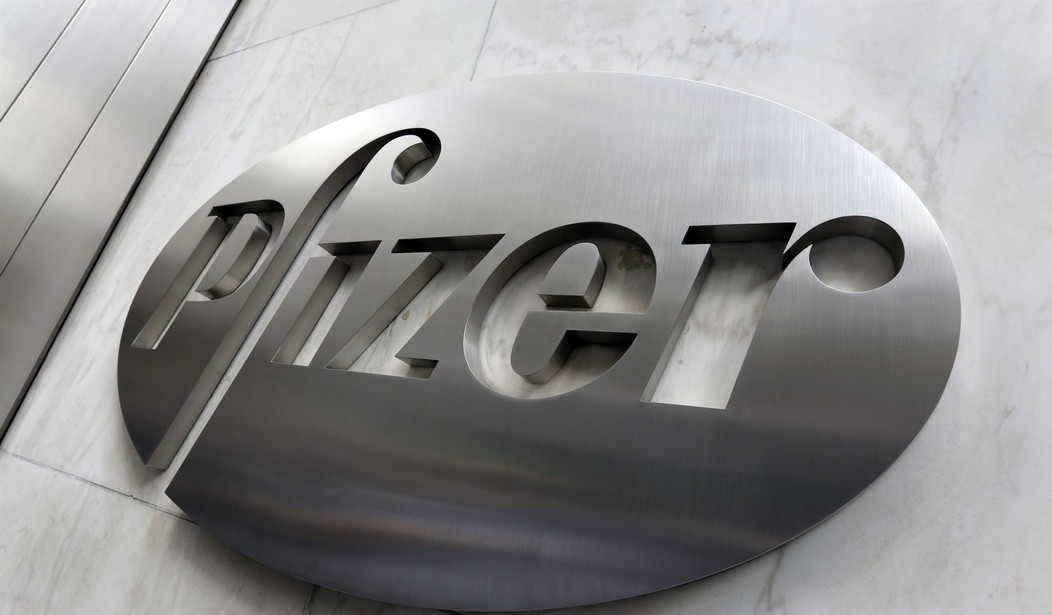Monday morning's Pfizer news has us all in a good mood. The potential COVID-19 vaccine they've been developing with BioNTech, which has been tested on over 43,000 people in six different countries, has so far proven to be 90 percent effective. The developers described it as a "great day for science and humanity."
BBC Radio's Sarah Montague asked Oxford University Professor Sir John Bell, who is a member of the UK's coronavirus vaccine task force, where we go from here. Does this mean we may all be able to leave our houses again? Without masks?
"Do we now say with confidence that life should be returning to normal by Spring?" she asked her guest on Monday.
"Yes, yes, yes," the professor responded.
He admitted that he's the "first guy" to be saying it, but he "can say it with some confidence."
Sarah Montague: so do we now say with confidence that life should be returning to normal by Spring?
— BBC Radio 4 (@BBCRadio4) November 9, 2020
Professor Sir John Bell: Yes, yes, yes.
Important news from one of the Covid-19 vaccine trials.
Hear the whole interview on the World at One.https://t.co/kHiUG56FCL | @BBCSounds pic.twitter.com/zsk80fzlKG
Asked if life could return to normal by the spring, @UniofOxford's Sir John Bell told the BBC: "Yes, yes, yes, yes. I am probably the first guy to say that but I will say that with some confidence." https://t.co/okyQ4R24z8
— Ian Fraser (@Ian_Fraser) November 9, 2020
Recommended
Montague's delighted reaction was captured on camera as she thanked the professor for the "fabulous news."
This from the fab @Sarah_Montague is such a lovely moment - as she reacts to Sir John Bell say he thinks life could be returning to normal by the spring.
— Charlie Haynes (@charliehtweets) November 9, 2020
"I'm probably the first guy to say that but I will say that with some confidence."pic.twitter.com/OIPPfBWn9y
Bell's confidence appeared to be at odds with people like WHO's Dr. David Nabarro, who argued that the Pfizer news is "not a game-changer."
"I just want to stress that these principles that we have been working for are still absolutely essential even if a vaccine arrives in the next few months," he cautioned. "A vaccine will help but it is not going to be a game-changer."
Joe Biden, the projected winner of the 2020 U.S. presidential election, also urged caution. While he said the potential vaccine's effectiveness was "cause for hope," he added that the battle against COVID will take many more months.
Bell may be one of the first experts to suggest this spring could resemble normal life again, but he's not the first to express his optimism.
Preliminary news that the Pfizer/BioNTech vaccine is effective demonstrates the power of science against COVID. We must see the final safety and efficacy data, but it is very encouraging.
— Professor Chris Whitty (@CMO_England) November 9, 2020
It is essential we continue to suppress COVID, but it is a reason for optimism for 2021.
Professor Peter Horby, from the University of Oxford said the news made him "smile from ear to ear."
"It is a relief," he said. "There is a long long way to go before vaccines will start to make a real difference, but this feels to me like a watershed moment.""

























Join the conversation as a VIP Member